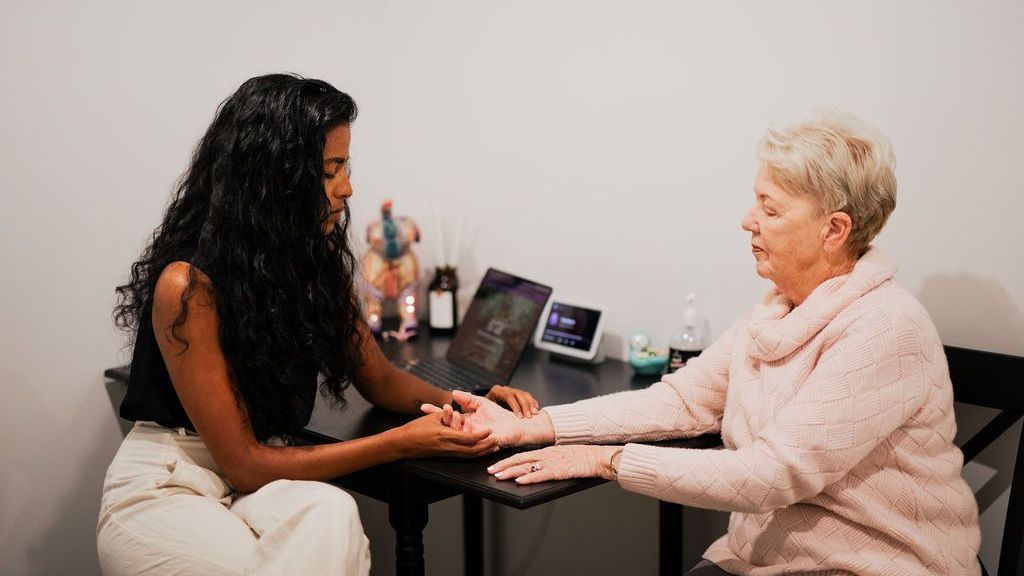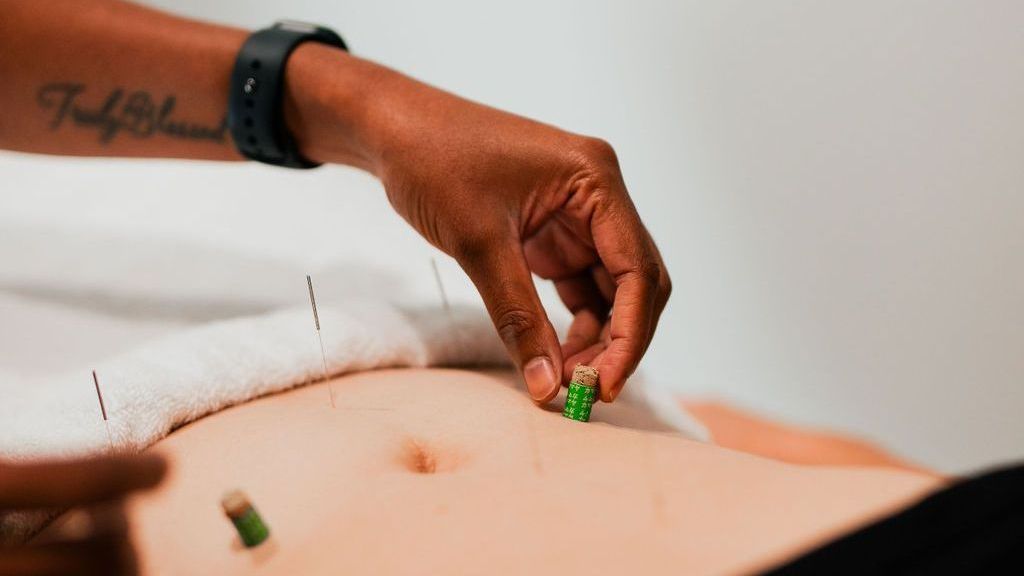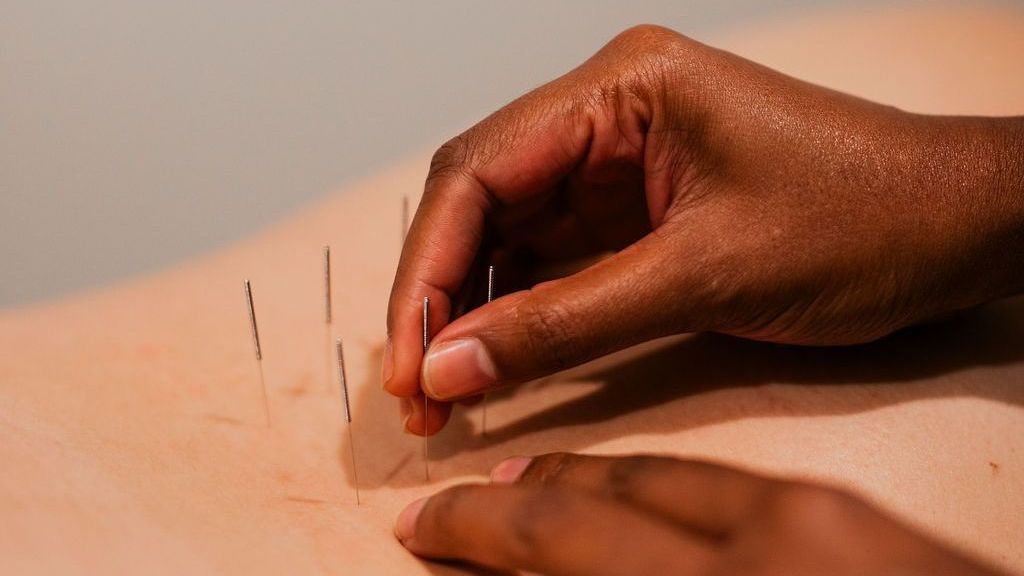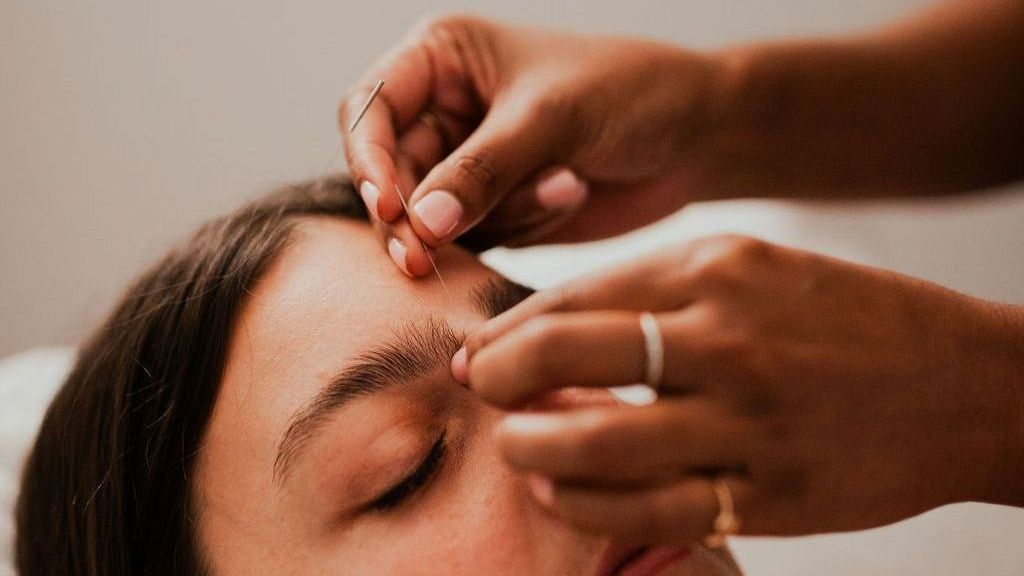FAQs
answering all your burning Qs about acupuncture & chinese medicine.
Have a question that isn't listed? Send me a message!

does acupuncture hurt?
Acupuncture is generally well-tolerated and most patients describe little to no discomfort. The pins are extremely thin—much finer than those used for injections—and are gently inserted into the skin. You might feel a slight prick or a tingling sensation at first, followed by a sense of heaviness or warmth around the site.
Most people find the experience relaxing, and any discomfort is usually very brief. It’s normal to feel deeply relaxed, and some poeple even fall asleep during their session!
how does acupuncture work?
Acupuncture stimulates specific nerves, muscles, and connective tissues to promote natural healing processes within the body.
By inserting fine pins into targeted points, it encourages increased blood flow and triggers the release of natural pain-relieving chemicals like endorphins. This helps reduce inflammation, alleviate pain, and restore function, making it a holistic yet scientifically-backed treatment modality.
what is the difference between acupuncture and dry needling?
While both acupuncture and dry needling use fine needles, the primary difference between acupuncture and dry needling lies in their origins and training. Acupuncture is rooted in a comprehensive, degree-level study that covers both theory and practical applications of needle insertion to treat a wide range of conditions. Dry needling, while effective for muscle pain, is often learned through short, weekend certification courses.
Azzerdeen is highly trained and fully qualified to perform dry needling, offering a deeper and more thorough understanding of needling techniques to ensure you have a comfortable and therapeutic session.
what are the side effects of acupuncture?
Acupuncture is generally safe when performed by a registered practitioner.
Side effects are minimal and typically mild. You may experience slight bruising or soreness at the insertion sites, and occasionally, people may report feeling lightheaded or sleepy afterward, especially after their first session. These effects usually pass quickly. More rarely, some individuals may experience a temporary worsening of symptoms before improving. Always communicate your concerns during or after a treatment.


what conditions can acupuncture help with?
Acupuncture is highly versatile and can be used to treat a wide range of complaints. These include chronic pain (like back, neck, and joint pain), headaches and migraines, digestive issues (such as loose stools or constipation), symptoms relating to stress and anxiety, sleep issues, and people on their fertility journey.
It's also effective for sports injuries, post-surgery recovery, and even boosting immune function. Acupuncture works by promoting your body’s natural healing processes, offering a drug-free option for managing both physical and emotional health concerns.
what should I expect from my first session?
Your first appointment begins with a thorough consultation. Azzerdeen will ask about your medical history, current symptoms, lifestyle, and treatment goals.
After discussing your concerns, the treatment begins with pin insertion at specific points around your body. You’ll be able to to relax for 20-30 minutes with the pins in place. It’s a good idea to wear loose, comfortable clothing.
After the session, you might feel energised or deeply relaxed. The goal is to leave feeling balanced and on the path to improved well-being.
how many session will I need?
This is usually determind on a case-by-case basis. But as a general rule, the number of sessions depends on your specific condition and how your body responds to treatment.
For acute issues, such as a recent injury or mild pain, you might notice improvement after just 1-3 sessions. For chronic or complex conditions, a course of 6-10 treatments may be recommended.
Typically, results are cumulative, meaning each session builds upon the last. During your initial consultation, Azzerdeen will create a personalised treatment plan to give you a better sense of how many sessions you may need.

can acupuncture help with stress and anxiety?
In short, yes, acupuncture is a popular treatment for managing symptoms of stress and anxiety. It works by calming the nervous system and promoting the release of endorphins and serotonin, which are natural mood enhancers. Acupuncture also helps regulate the body's stress response by lowering cortisol levels, a hormone linked to stress. Many people find that regular acupuncture sessions improve their emotional resilience, promote better sleep, and create a general sense of calm. It's an excellent complementary therapy for both short-term stress and long-term anxiety management.
is acupuncture safe during pregnancy?
Acupuncture can be a safe and beneficial treatment throughout your entire fertility and pregnancy journey. It can help with common pregnancy symptoms such as nausea, fatigue, back pain, and swelling. Acupuncture is also used to support the body during labor preparation. Many women find acupuncture to be a natural, drug-free option to manage the discomfort they may experience during pregnancy.
what should I do before and after a session?
Before your session, it’s best to avoid heavy meals, alcohol, and caffeine to ensure a relaxed and receptive state. Wear loose, comfortable clothing to allow easy access to acupuncture points.
After the session, take it easy—especially if it's your first time. Drink plenty of water and avoid strenuous activities to help your body process the treatment. You may feel deeply relaxed or energised, so listen to your body and rest if needed. Light movement, such as a gentle walk, can also help integrate the benefits of the treatment.
will my private health cover acupuncture?
If you have Extras on your private health cover then a portion of your session will be covered with your provider. It is best to check with your health fund prior to scheduling a session.